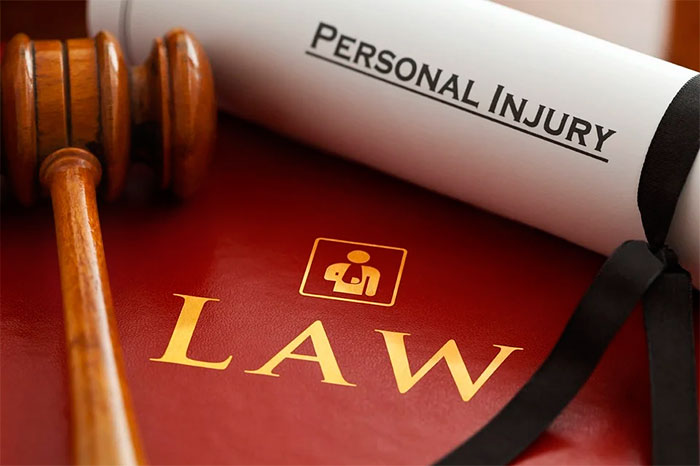
Getting injured in an accident can be terrible. It is even worse when the accident was a result of someone else’s negligence. Unfortunately, it does not all end after the accident. Sometimes, you are forced to deal with the issue for a long time. It can be even worse if you were in a serious accident and sustained major injuries. The process of filing a personal injury claim can leave you feeling confused, scared, and frustrated. The following are a few steps to take when filing a personal injury claim.
Get a Lawyer
Deciding if you need a lawyer is an important part of the claims process. Even in the simplest cases, having a good lawyer can be beneficial. At the beginning of a personal injury claim, you may not understand how complex your case is, and you can easily underestimate it. Your lawyer will help you gather the relevant documents and evidence and ensure that you get the best compensation for your case. They will explain processes and help you reduce stress. You do not lose anything by talking to a lawyer right from the start. Most of them offer free consultations.
Keep Track of Everything
Keeping track of everything right after the accident is a great idea. Gather all evidence that relates to your case, including photos and videos, and get witness accounts if possible. According to the legal team at KerleySchaffer.com, you should continue tracking the details of your accident even as you move to other steps of the process. Your attorney should help you gather the relevant documents, photos, videos, and witness accounts.
The Summons and Complaint
When starting a personal injury lawsuit, you need to file specified documents with the courts and ensure that the defendant is served. You have to file a petition, also known as a complaint. It is a legal document that identifies the basis of your lawsuit. Your complaint identifies you, the defendant, and the court where you are filing your lawsuit. It explains the legal theories that support your allegations and the facts of your suit. It explains the relief you are seeking, including the amount you want as compensation from the defendant.
The Service Process
During this process, the defendant will be served with the complaint and summons. It is complete when the defendant or their representative receives a copy of the documents. Anyone may serve the defendant as long as they aren’t a minor or part of the lawsuit. However, most times, the process is completed by court officials or professional process servers. You need to provide proof of receipt by the defendant. Service must happen within a specified time limit, usually 30 days after filing your complaint and summons. However, you may get an extension from the court if you run into any troubles.
Understand the Statute of Limitations
Your attorney will help you start the process as soon as possible as there are time limits. You have to file your lawsuit before the statute of limitations expires. Every state has unique deadlines for different cases. However, most of them have a limit of two years. Your clock starts ticking as soon as the personal injury occurs or when you discover it. If you do not file your lawsuit on time, you will be permanently barred from bringing the suit to court.
Lawsuits for Professional Malpractice
In certain states, you may need a Certificate of Merit, Order of Proof, or Affidavit of Merit if your suit is about injuries caused by the negligence of professionals. Your attorney will let you know if it is a requirement in your area.
Defendant’s Response
After filing your summons and complaint in court and having the defendant served, they need to respond. They may file an answer to your complaint or a motion to dismiss it. If they choose to file an answer, they will respond to all your allegations. They may admit, deny, or state that they can neither admit nor deny anything. If they file a motion to dismiss it, the court can throw out your complaint.
Understanding the process of pursuing personal injury claims can make the process much easier. In theory, filing a personal injury lawsuit is easy. You simply need to inform the court and the defendant about your case on time. However, it is a lot more complex in practice especially if you do not have a good lawyer. Getting a good lawyer will make the process easier for you and increase your chances of getting the maximum compensation.


